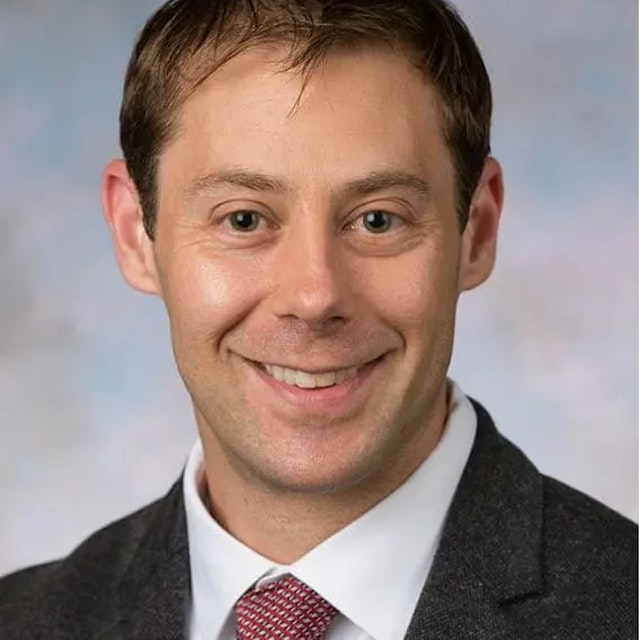Becoming a board-certified psychiatric pharmacist requires dedication, knowledge, and commitment to helping patients with mental health conditions. The role of a psychiatric pharmacist is to work alongside mental health professionals to optimize medication therapy for patients with mental health disorders. Treating mental health and psychiatric illnesses, disorders, and diseases requires a multidisciplinary approach.
As the medication content experts, board-certified psychiatric pharmacists are well-positioned to be valuable members of such a team. There are currently over 1500 board-certified psychiatric pharmacists. There is currently a significant lack of resources for mental health services, so this specialty will continue to grow with opportunities as much-needed funding increases over the next 5-10 years.
This article will explore becoming a board-certified psychiatric pharmacist, where psychiatric pharmacists work, and what they do.
Board Certification Process to Become a Psychiatric Pharmacist
Board certification is a voluntary process demonstrating a pharmacist's advanced knowledge and skills in a specific practice area. The Board of Pharmacy Specialties (BPS) offers certification in psychiatric pharmacy. To be eligible for the certification examination, a pharmacist must have a current and active license to practice pharmacy in the United States, have completed a minimum of 4 years of practice experience in psychiatric pharmacy, or a general 1-year pharmacy residency with of 2 years of practice experience in psychiatric pharmacy, or a general 1-year pharmacy residency with a second 1-year pharmacy residency specializing in psychiatric pharmacy. Graduation from a pharmacy residency program is not required.
Once pharmacists meet the eligibility criteria, they can apply to take the certification examination. The exam is a computer-based test consisting of 175 multiple-choice questions. It is designed to assess the pharmacist's knowledge and skills in psychiatric disorders, medication therapy management, psychopharmacology, and other topics related to mental health.
The pharmacist is awarded the Board Certified Psychiatric Pharmacist (BCPP) credential upon passing the examination. The credential is valid for seven years, after which the pharmacist must complete continuing education and reapply for recertification.
Where Psychiatric Pharmacists Work
Psychiatric pharmacists can work in various settings, including hospitals, community mental health care clinics, psychiatric hospitals, and private practice. They work collaboratively with psychiatrists, psychologists, social workers, and other mental health care professionals to provide comprehensive care to patients with mental illness and other behavioral health conditions.
In hospitals, psychiatric pharmacists are part of the multidisciplinary team that cares for patients with mental health disorders. They collaborate with psychiatrists to select and manage medications, monitor patients for adverse effects, and provide medication education to patients and their families.
In community mental health clinics, psychiatric pharmacists work with patients who have mental health conditions but do not require hospitalization. They work collaboratively with other mental health professionals to provide patients with medication therapy management, medication education, and medication adherence support.
In private practice, psychiatric pharmacists work independently to provide medication therapy management to patients with mental health conditions. They collaborate with psychiatrists and other mental health professionals as needed to ensure patients receive comprehensive care.
What Psychiatric Pharmacists Do
The role of a psychiatric pharmacist is to optimize medication therapy for patients with mental health conditions. They work collaboratively with other mental health professionals to select and manage medications, monitor patients for adverse effects, and provide medication education to patients and their families.
Psychiatric pharmacists assess patients' medication therapy and develop treatment plans tailored to individual patients' needs. They also monitor patients for adverse effects, drug interactions, and other medication-related problems and adjust medication regimens as needed.
Psychiatric pharmacists also educate patients and their families to ensure they understand their medication therapy's benefits and potential risks. They help patients develop strategies for medication adherence and provide ongoing support to help patients achieve their treatment goals. They also work with insurers to improve access to often costly mental health medications.
Closing Thoughts on The Psychiatric Pharmacist
Becoming a board-certified psychiatric pharmacist requires dedication and advanced knowledge of medication therapy for patients with mental health conditions. Psychiatric pharmacists collaborate with other mental health professionals to optimize medication therapy, monitor patients for adverse effects, and provide medication education to patients and their families. They work in a variety of settings, including hospitals, community mental health clinics, psychiatric hospitals, and private practice, to provide comprehensive care to patients with mental health conditions.
References:
Board of Pharmacy Specialties. (n.d.). Psychiatric Pharmacy. Retrieved from https://www.bpsweb.org/bps-specialties/psych
